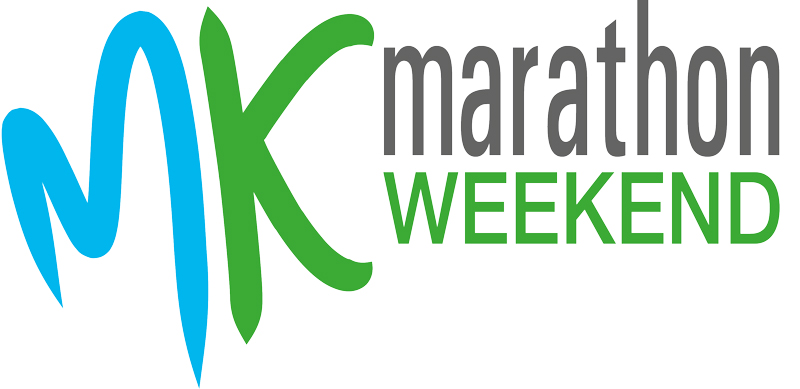Thinking about running a marathon and worried about recovery? Just completed a marathon and need some tips to speed up or optimise your recovery?
Even the strongest runners experience post-marathon fatigue – it’s 26.2 miles of running time. There’s no doubt it’s one of the most gruelling, rewarding things you’ll complete in your lifetime.
So, you plan, train, and run your marathon.
But what should you do once you’ve achieved your goal?
Immediately Post-Marathon
Transition your body from marathon mode to recovery mode with a slow walk immediately after you finish.
You might be tempted to rush straight into rest post-marathon – but your body will thank you if you keep walking for 10-15 minutes afterwards. It’s important to prioritise slow movement in the immediate aftermath of the race to prevent the build-up of lactic acid, which will cause cramping and stiffness if left unchecked.
In the Hours After
Rest and refuel
Your body has just sustained some substantial muscle damage, so it’s important to prioritise hydration and replenishing key nutrients. Your post-race celebration meal (and meals for the next few weeks) should include a good balance of carbs and proteins to maximise recovery.
Focus on eating a rainbow of foods, including plenty of fruits and vegetables, carbs, and preferred sources of protein. Prioritise balance over calorie-counting in the weeks following your achievement.
In the Days After
With that in mind, make sleep a top priority. Sleep should always be near the top of the list regardless, but in the days following a marathon, your body will do its best healing while you’re asleep. Make sure to get a regular eight hours, and don’t deny yourself a good 90-minute nap (the length of one REM cycle) if your schedule allows.
While a lot of runners will jump at the chance to take it easy, others may want to get right back into their running routine. While your body is recovering, this can cause more damage in the long-term.
If you’re eager to get moving again, opt for gentle walks, yoga, or give swimming a go! Swimming can be great for getting in some cardio without stressing your already-spent joints.
In the Weeks After
Return to running gradually in the weeks following your marathon and stay away from strength-training until your body is fully recovered. Running 26.2 miles takes a huge physical toll on the body, so it’s important to reintroduce running gradually. There’s no strict timeframe for this, but after months of training, you should be able to listen to your body’s demands.
Recovering Mentally
Post-marathon-blues are the real deal! After months of training for a grand finale, the days after can feel underwhelming and muddled. The psychological aspect of reducing your training – which eliminates the constant dopamine-boost from completing a task – can take a serious toll on a runner.
Keeping on top of physical recovery is one way to increase mood – setting yourself the task of recovering can provide those same dopamine spikes as you notice your body healing. It’s also important to reflect and celebrate in the time after your marathon.
You just achieved something huge!
General Words of Advice
When managing pain post-marathon, avoid NSAIDs like ibuprofen, naproxen, and pain-relief aspirin – especially within 48 hours. Research has found that using NSAIDs after a marathon can heighten the risk of kidney damage due to increased protein in the blood.
There’s also the risk of increasing muscle soreness, which for relieving muscle soreness, stick to Paracetamol, wear compression socks, and stick to the above advice. Remember, rest is key!
Feeling confident in your recovery? Eager to train for your next marathon? Make the Milton Keynes Marathon Weekend your next stop!
Discover More Inspiring Running Stories
Milton Keynes Race Expo: Essential Event Highlights
Milton Keynes Race Expo explained — find out its purpose, main activities, schedule for race weekend, expo benefits, and tips for local participants.
Half Marathon Pacing Guide for Personal Bests
Discover a step-by-step half marathon pacing guide to train, set your strategy, execute your race plan, and achieve your best time in Milton Keynes.
7 Essential Marathon Training Tips for Milton Keynes Runners
Master your race with these 7 essential marathon training tips for Milton Keynes runners. Gain expert advice to boost your performance and race day experience.
Join the Milton Keynes Marathon Today!
Don’t miss your chance to be part of Buckinghamshire’s premier running event. Sign up for the Milton Keynes Marathon and experience a scenic, exciting, and rewarding race. Secure your spot today and make unforgettable memories!



